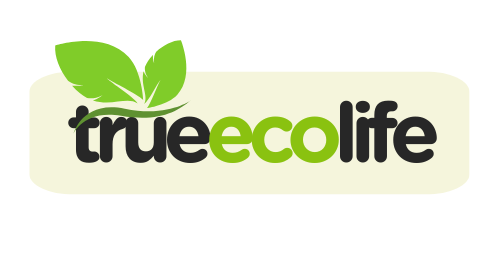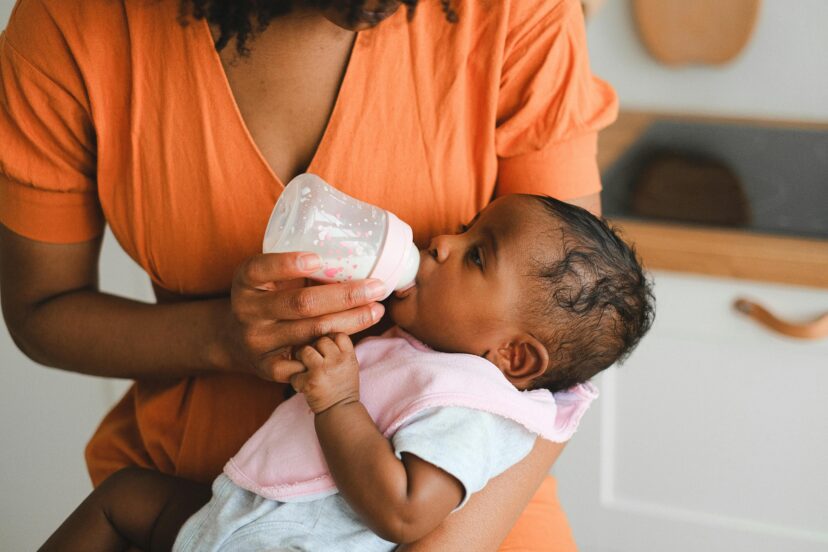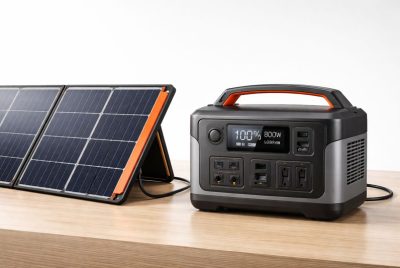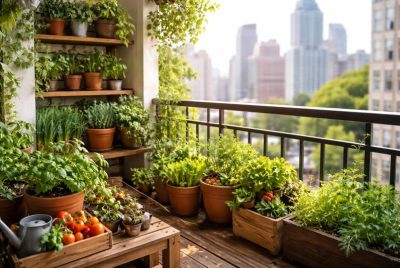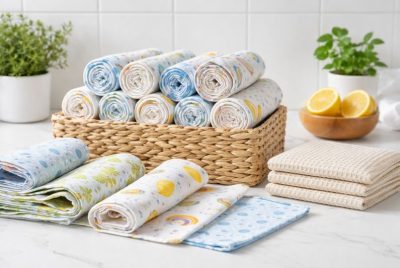Sustainable Baby Products: Top Eco Picks for Conscious Parents
We may earn a commission for purchases made using our links. Please see our disclosure to learn more.
Bringing a baby into the world is life-changing — and every choice suddenly matters more. Many everyday baby products contain chemicals and plastics that aren’t gentle on your child or the planet. That adds up fast. The good news? Switching to sustainable baby products is simple. Small swaps like organic bodysuits or reusable wipes protect your baby’s skin and help create a cleaner world for them to grow up in. Here’s how to choose wisely and make a real difference.
What Makes a Baby Product Sustainable?
First things first: what actually defines a baby product as “sustainable?” Brands prefer to use buzzwords like eco and green on their packaging, but they don’t usually mean anything. To truly make your nursery more eco-friendly, here are three basic things to look for:
1. Safer, Natural Materials
Sustainable products frequently use materials derived from renewable or organic sources. Consider using GOTS-certified organic cotton, bamboo, sustainably obtained wood, or repurposed materials. These materials are grown or sourced with minimal chemical input, resulting in fewer irritants near your baby’s sensitive skin.
2. Responsible Production
Look for companies who are transparent about their manufacturing processes. Are they following ethical labor practices? Reducing waste? Reducing carbon emissions? Brands that emphasize people and the environment typically shout it from the rooftops, so examine their website for openness.
3. Minimal Packaging & Durability
Eco-conscious baby brands know packaging matters. Less is more — recyclable boxes, compostable bags, and no unnecessary plastic. Also, products built to last (or be reused by siblings) naturally reduce waste. A wooden toy passed down through generations is far more sustainable than a plastic one that breaks in a month.

Why Sustainable Baby Products Are Safer for Your Baby
Sure, saving the planet is huge. But going green at home has real, science-backed benefits for your baby’s health, too. Babies have sensitive skin and developing immune systems, which makes them especially vulnerable to harsh chemicals and irritants found in conventional baby gear.
A comprehensive review in Environmental Health Perspectives shows that early-life exposure to endocrine-disrupting chemicals (EDCs) — often found in plastics, cheap fabrics, and certain disposable products — can impact hormone balance, growth, and even future reproductive health. Babies absorb more chemicals relative to their body weight than adults do, which means safer materials really matter.
A clinical study on natural disposable diapers also found that diapers made with plant-based or biodegradable materials can help reduce diaper rash and irritation compared to traditional options, thanks to fewer dyes, fragrances, and harsh treatments.
Together, these studies highlight why simple swaps — like organic cotton bodysuits, glass bottles, and non-toxic wooden toys — help limit your baby’s contact with harmful substances. Choosing sustainable baby products isn’t just good for the environment — it’s a smart, practical way to protect your child’s delicate skin and long-term health.
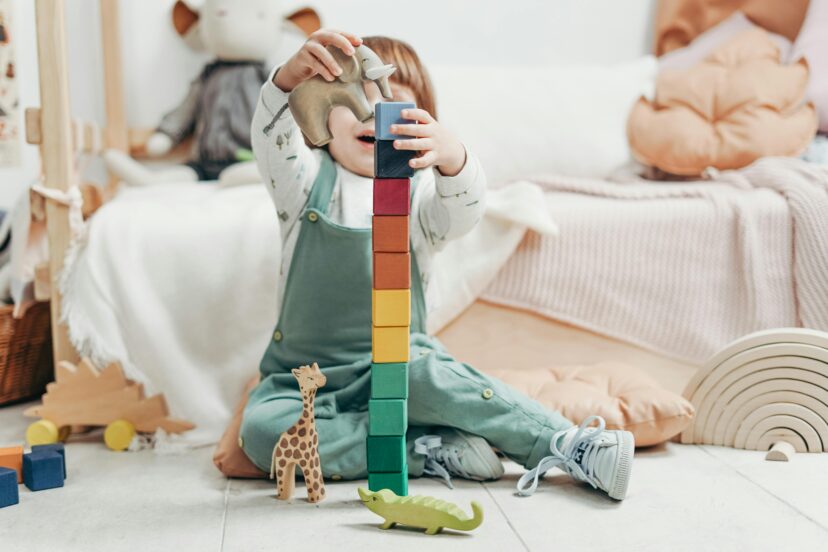
Top 7 Sustainable Baby Products Worth Trying
If you’re just getting started, don’t feel like you need to toss out everything you own. Pick one or two swaps that feel doable and build from there. These tried-and-true sustainable baby products are loved by thousands of families and easy to find on Amazon.
1. Eco-Friendly Diapers
Did you know the average baby goes through over 2,000 diapers in their first year alone? That’s a lot of landfill waste. Bambo Nature and Andy Pandy make highly rated diapers that are biodegradable, chlorine-free, and gentle on sensitive skin.
Reusable cloth diapers are another option for parents willing to do a little extra laundry. Modern cloth diaper systems, like GroVia Hybrid Cloth Diapers, come with waterproof covers and snap-in liners — no pins required.
2. Organic Baby Clothing
A baby’s skin is their largest organ, and it soaks up whatever it touches. That’s why organic cotton clothing is worth the switch. Brands like Burt’s Bees Baby and Touched by Nature offer adorable bodysuits and sleepers made from certified organic cotton, free from harsh dyes and pesticides.
3. Reusable Wipes
Baby wipes are convenient, but disposable ones pile up fast. Reusable cloth wipes made from bamboo or organic cotton, like GroVia Reusable Cloth Wipes, are soft, washable, and save you money in the long run. Pro tip: use a mild homemade solution of water and baby-safe soap to dampen them as needed.
4. Non-Toxic Baby Bottles
If you’re bottle-feeding, what the bottle is made from matters. Standard plastic bottles can leach chemicals like BPA, especially when heated. Switching to glass or stainless steel is a safer bet. Philips Avent Natural Glass Baby Bottles are a parent favorite — durable, easy to clean, and naturally free from toxins.
5. Bamboo Baby Feeding Sets
When your little one starts solids, plastic plates and spoons can contain microplastics that break down over time. A bamboo feeding set, like the ones from Avanchy, is biodegradable, naturally anti-bacterial, and super cute. Many come with silicone suction bottoms to prevent spills.
6. Wooden Toys
Plastic toys often break or get tossed. Wooden toys, on the other hand, last for years and encourage open-ended play. Brands like Hape and PlanToys use sustainably harvested wood, non-toxic paints, and fair labor practices. Plus, they’re just more charming sitting on the nursery shelf!
7. Biodegradable Baby Bath Products
What goes on your baby’s skin often goes into their body — and down the drain. Many well-known infant washes contain sulfates, parabens, and artificial scents. Plant-based formulas like Puracy Natural Baby Shampoo & Body Wash are gentle, biodegradable, and dermatologist-tested.
How to Spot Greenwashing: Read the Labels
Not every “eco-friendly” label means what it says. Some companies greenwash by using buzzwords with no real accountability. To protect your wallet and the planet, look for third-party certifications:
- GOTS (Global Organic Textile Standard) for organic fabrics
- FSC (Forest Stewardship Council) for responsibly sourced wood
- USDA Organic for ingredients in baby creams or food
- OEKO-TEX® for textiles tested against harmful substances
When in doubt, check online reviews, read product descriptions carefully, and buy from brands known for transparency. You can also join parenting groups or forums to get recommendations from other eco-minded parents who’ve done the homework for you.
Small Swaps, Big Impact: How to Get Started
Switching to sustainable baby products doesn’t have to be overwhelming or all-or-nothing. Start with one item that feels realistic for your budget and lifestyle. Maybe that’s biodegradable diapers. Or maybe it’s replacing disposable wipes with washable ones.
As you see how easy (and cost-effective) these changes can be, it gets easier to build on them. Many families discover they save money in the long run by reusing more and buying less.
Here’s a tip: share your journey! Whether it’s swapping parenting hacks with friends or recommending your favorite eco-friendly brands, spreading the word helps even more families make the switch.
If you’d like to dive deeper into simple daily habits that make a big difference, check out our guide on becoming an eco-conscious consumer. It’s full of practical ideas you can use alongside your sustainable baby products.
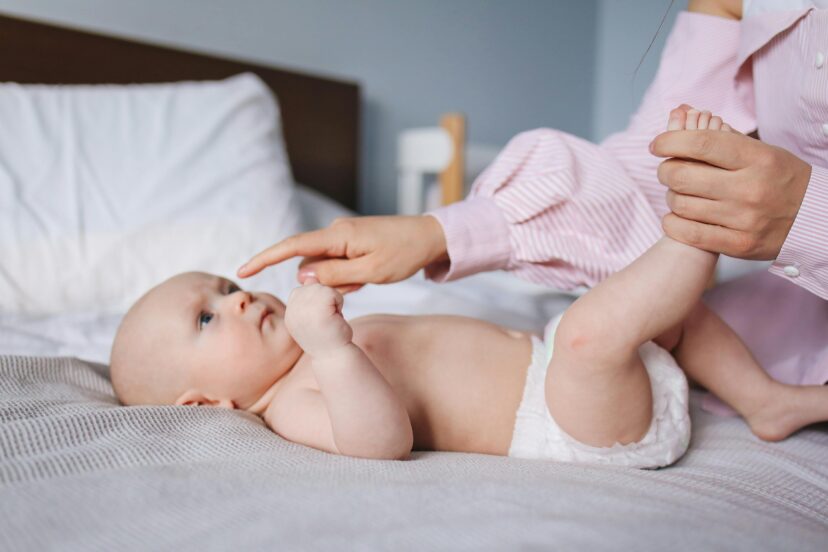
Final Thoughts
Parenting can feel like a million tiny choices every day — but choosing sustainable baby products doesn’t have to be complicated. By picking items made with safer materials, supporting ethical companies, and cutting down on single-use plastics, you’re giving your baby a healthier start and making the planet a little cleaner for their future.
So go ahead, choose that organic onesie, the bamboo feeding set, or the glass baby bottle. Each small step counts — and together, they add up to something beautiful.
Ready to make your first swap? Browse these parent-loved picks on Amazon and see how easy sustainable parenting can be. You’ve got this!
FAQs
1. Are sustainable baby products really better for my child?
Yes! Organic and non-toxic products reduce exposure to chemicals that can irritate sensitive skin or disrupt hormones. They’re better for your baby’s body and the environment they’ll grow up in.
2. Do eco-friendly baby products cost more?
Sometimes the upfront cost is higher, but they often last longer or can be reused. For example, cloth wipes or cloth diapers save hundreds of dollars over time.
3. How can I tell if a brand is truly sustainable?
Check for reputable certifications, read detailed product descriptions, and look for transparent sourcing and fair labor information. Brands that care usually make it clear.
4. Where’s the best place to buy sustainable baby gear?
Amazon carries many trusted brands, but you can also shop directly from company websites or local baby boutiques that specialize in eco-friendly goods.
5. What’s the easiest swap to start with?
Try biodegradable diapers or reusable wipes first. They’re simple changes that can make a big dent in your household waste.
